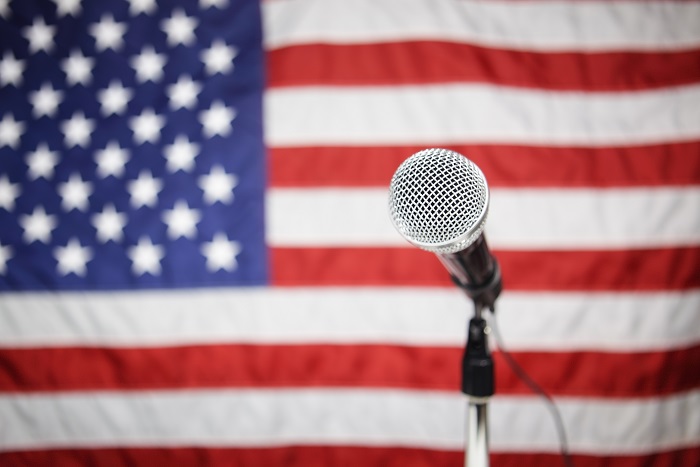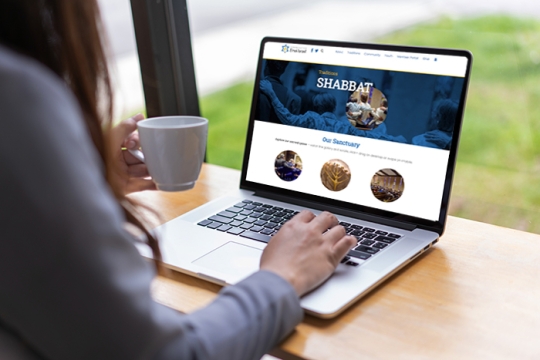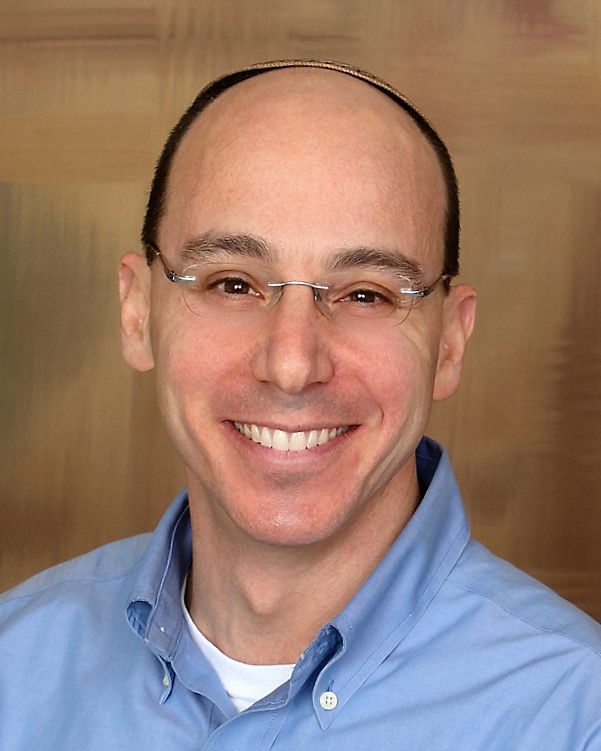
Too often, when faced with a difficult and potentially controversial decision, a synagogue will form a task force, convene meetings, hire a consultant, and expend a significant sum of hours and dollars to prevent divisions within the community. The organizational fears of factionalism, angry letters, petitions, storms of online disgruntlement, and member resignations are the same, whether the issues are internal -- personnel, budget, or program - or political. Such moments in congregational life can be an existential threat and drive us to find workarounds and communications tactics to limit the damage.
Our fears of toxicity and the preventative tactics they induce testify to how much surrounding American cultural norms have seeped into our institutions. The behavior, rhetoric, and norms of acceptability that prevail around us have acculturated Americans to a type of discourse that sees disagreement as a personal threat, cultural rot, mendacious, manipulation, or hopeless bias. Too often synagogue culture mirrors American culture today, in which everything is political.
Judaism has no problem with polarization. Rabbis Hillel and Shammai were polarized. But in the last few decades, we have seen a dramatic increase in what the One America Movement calls “toxic polarization,” the feedback loops that exacerbate and reinforce polarization. Polarized people simply disagree, even strongly; toxically polarized people see the other side as a mortal threat.
Five years ago, in the midst of this nasty crescendo, our congregation faced an internal crisis that coincided with the vitriol of the 2016 presidential campaign. In response, a small group of members began to explore ways to counter political hyper-partisanship and create alternate forms of discourse. Simultaneously, the intervention of the NCRCR (North American Commission on Rabbi Congregation Relations) led us to add a governance plank to our Strategic Plan, pushing us to prioritize the processes, systems, and structures we use to solve problems. What resulted was the Rebuilding Democracy Project, which incorporates a variety of experiments and programs that give members an opportunity to practice the norms of healthy citizenship: inclusive dialogue, transparent deliberation, rigorous intellectual debate, respect for institutions, and the elevation of human dignity over specific policy goals. A full explication of our initiatives can be found in this case study, published by the Aspen Institute’s Inclusive America Project.
We have learned that an understanding of 4 key features of congregational life has the potential to provide an alternative political culture to the one shaped by the economic, cultural, and technological forces prevailing in America today:
- Covenant: While synagogues have many functions—providing worship, study, life-cycle rituals, and vehicles for participation in communal life—when we are at our best, the basis for it all is the sense of obligation we feel toward each other as human beings committed to the community. This gives synagogue members a “super-ordinate identity” that binds us together over and above the policy issue of the moment.
- Defined boundaries: Because our synagogues are for the most part membership organizations, we have the power explicitly to limit the influence of the surrounding world. We can say, “a different type of behavior obtains here” and declare that in our synagogues belonging means something.
- A Tradition of Constructive Disagreement: The overriding voice of Judaism, especially Reform, promotes diverse viewpoints and a roadmap to constructive disagreement. A range of Jewish organizations have created curricula and programs to teach these texts and lessons, and they provide ideas and frameworks to help participants reconsider the toxic influences from around us.
- The influence of Institutions: The power of institutional life in America cannot be understated. Since Tocqueville, participation in institutions has been the local training for democratic citizenship. Healthy governance is built upon the agreement of a group of people to live by the same set of rules — something so basic that we learn it when we play children’s games, but so fragile that a huge swath of the country refuses to accept the results of the 2020 presidential election. When we elevate, clarify, and reiterate our governance systems, we reinforce the power of political co-existence.
These understandings provide the basis for our congregation to serve as a kind of laboratory in which to conduct programmatic experiments. And the result is that we no longer fear controversy or dissent. Rather, our leaders have the confidence and skill to bring issues out into the open, to dialogue, debate, and deliberate out in the open. Like all synagogues, we have faced our share of hard conversations in the past few years, but these moments are no longer crises to work around or keep out of sight. They are opportunities for us to stretch and strengthen our citizenship muscles and commit ourselves to a healthier democracy. The Rebuilding Democracy Project has created new pathways for congregational engagement while providing a pastoral outlet for the political anxiety so widespread today.
The Reform Movement has a long history of engagement with the American democratic system. Early Reform leaders like Isaac Mayer Wise preached the Mosaic origins of America’s democratic ideals. Reform Jews have fought for justice and civil liberties for over a century. The Religious Action Center of Reform Judaism is one of the crown jewels of our movement, and social justice has long been at the center of our theological and organizational agenda.
Reform Judaism has the potential to expand our patriotic commitments to American democracy by restoring moral ballast and healthy norms. That work begins within our synagogues, in the ways we relate, discourse, and lead -- all of which will strengthen our synagogues and help heal our country.
Download our free Grow a Good Citizen: Every Voice, Every Vote activity book for kids ages 5-12, crafted with content from Highlights Magazine. It's packed with inspiring short stories, engaging games, and mind-teasing puzzles that educate and inspire action around voting and democracy, to help make sure everyone's voice is heard.
Related Posts

Setting Your Leaders Up For Success

Safety, Equity, and Accountability is the Path to a Thriving Jewish Community

